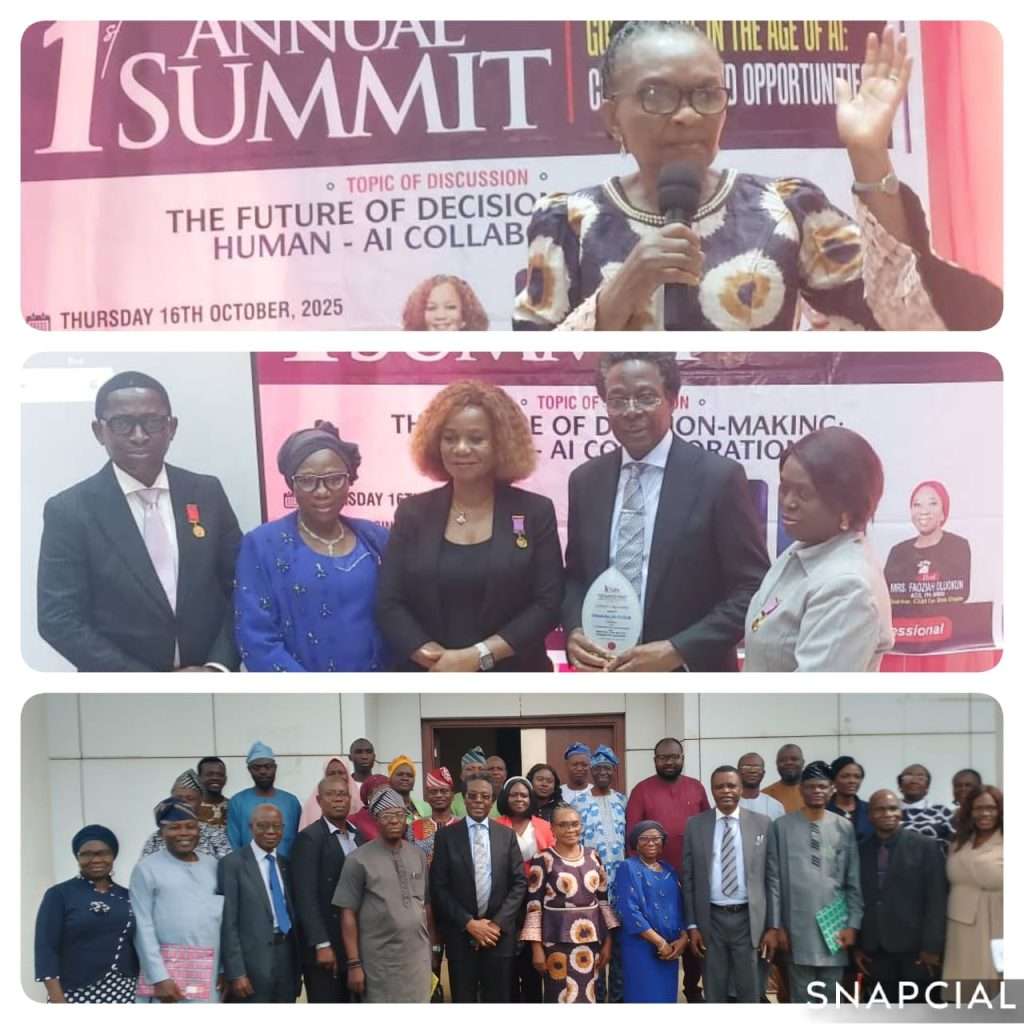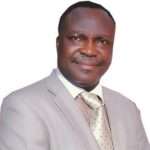

The Federal Government has been advised to allow students to continue writing both internal and external examinations manually rather than relying solely on digital testing.

Africa’s first female Professor of Computer Science, Professor Adenike Osofisan, gave the advice on Thursday at the maiden summit of the Institute of Chartered Secretaries and Administrators of Nigeria (ICSAN), Oyo State Chapter, held at Lagos Hall, Ibadan Business School.
The summit, themed, “Governance in the Age of AI: Challenges and Opportunities,” attracted academics, professionals, and policymakers who examined the influence of Artificial Intelligence (AI) on governance, education, and decision-making.
Delivering her keynote address titled, “The Future of Decision-Making: Human–AI Collaboration,” Professor Osofisan emphasised that AI and humans must work together, not in opposition.
She urged the Federal Government to review its current policy of digitising examinations such as WAEC and NECO, noting that several countries abroad are already reverting to manual examination systems to preserve human reasoning and independent judgement.
“AI should complement human intelligence, not replace it. Accountability must remain clear, someone must still be responsible for decisions.”
“Education should focus on wisdom: knowing what questions to ask and how to make the right judgements.”
She also called on academics and researchers to collaborate more with practitioners rather than confining innovations to laboratories.
According to her, software developers must engage with real-world users to create tools that genuinely solve problems.
Professor Osofisan cited the example of Air France, which she said, suffered a major failure because pilots became overly reliant on autopilot systems and lost essential flying skills.
She warned that similar overdependence on technology in education could weaken human capacity.
The university scholar added that computer science students needed technical literacy to understand what AI can and cannot do.
“They must know when to question AI and when to trust it,” she explained, stressing that AI must remain a tool to assist learning, not a substitute for human thought.
In her remarks, the President and Chairman of ICSAN’s Governing Council, Mrs Uto Ukpanah, described AI as a transformative force reshaping governance and decision-making.
She, however, cautioned that while AI enhances efficiency, it must never replace human judgement or moral responsibility.
Ukpanah commended the Oyo State Chapter of ICSAN for conceptualising and hosting the summit, describing it as the first of its kind in the history of the institute.
Chairman of the summit and former ICSAN President, Mr Olatunde Busari (SAN), said humans must collaborate with AI to improve governance and service delivery.
He noted that while technology has broken global barriers, there are growing fears that machines could eventually take over human roles, making the need for balance more urgent.
Former Oyo State Head of Service, Dr. Soji Eniade, in a goodwill message, said AI is here to stay and must be embraced responsibly. He urged ICSAN to continue training present and future professionals to drive the AI revolution both locally and globally.
The Oyo State Head of Service, Mrs Olubunmi Oni, represented by Mr Waheed Ajuwon, also encouraged professionals in both public and private sectors to adopt AI to enhance efficiency and productivity in service delivery.
Earlier, the Chairman of ICSAN Oyo State Chapter, Mrs Faoziah Oluokun, noted that AI is reshaping governance, decision-making, and institutional management worldwide.
She said the summit was conceived to promote dialogue among practitioners, policymakers, and academics on how to harness AI for good governance while safeguarding ethical values and human integrity.
Oluokun stressed that AI is not designed to replace human judgement but to augment it, adding that the future belongs to those who can strike the right balance between technology and human wisdom.
The event was attended by several dignitaries including Professor Adeniyi Olatunbosun, Vice Chancellor of Kola Daisi University; Professor Timothy Adejumo, Vice Chancellor, Precious Cornerstone University; Dr Oyebola Ayeni, Registrar, Lead City University, representing the Vice Chancellor, Professor Kabiru Adeyemi; Mr. Bayo Akande, Senior Special Assistant to Oyo State Governor on E-Governance; and Mr Babatunde Bamgbade, Chairman, Computer Professionals Society of Nigeria, among others.
Highlights of the occasion was the presentation of award to Mr Busari (SAN), and Professor Osofisan for their contributions to governance and technology advancement in Nigeria.
Ends






